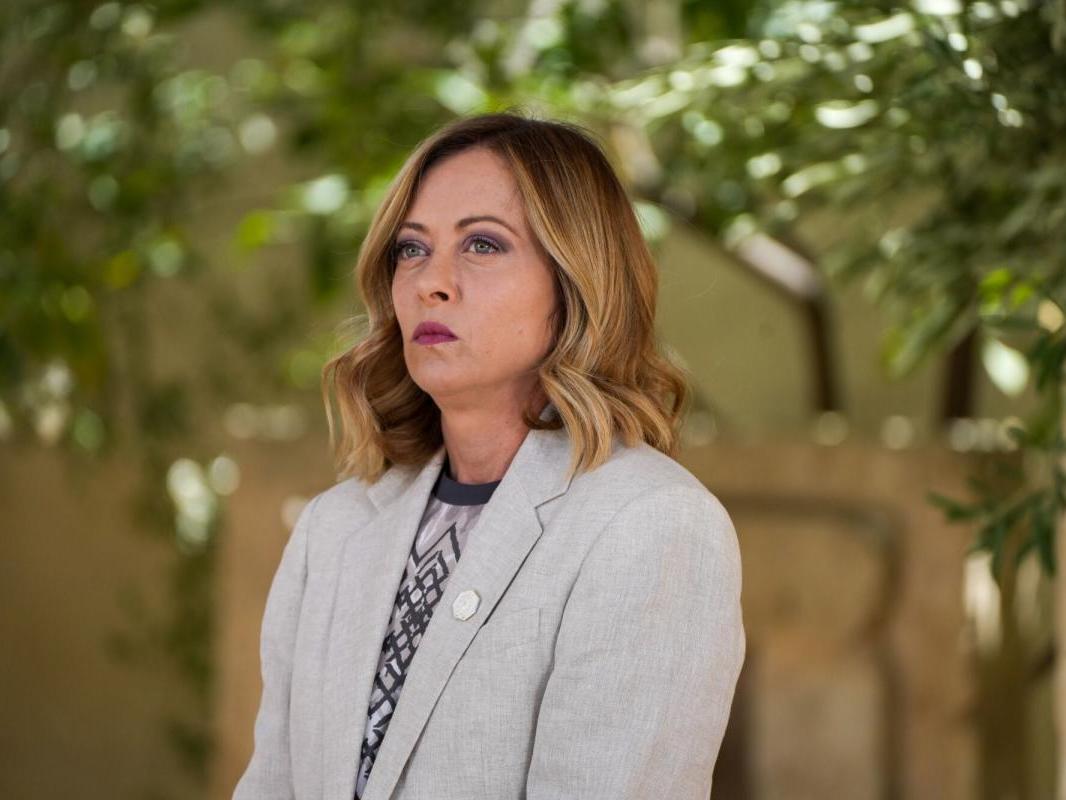As the European Union grapples with the ongoing war in Ukraine and its geopolitical ramifications, Italian Prime Minister Giorgia Meloni has expressed support for joint European Union debt to finance defense investments, which are crucial for supporting Ukraine. Despite the urgency of the situation, Germany and its allies have resisted the idea, and it will not be a topic of discussion at the upcoming EU summit. Instead, the leaders will focus on trade tensions with China and the US, Russia’s invasion of Ukraine, and filling the EU’s top jobs. Meloni is expected to play a senior role in the next European Commission and has been urged to prioritize Italy’s interests in the EU, particularly concerning the common resources issue. The European Union is also expected to sign a security agreement with Ukraine, pledging to provide weapons, military training, and other aid for years to come. This pact will cover nine areas of security and defense policy, including arms deliveries, military training, and demining, and will be reviewed in 10 years with a clause to withdraw support if Ukraine deviates from its European path. The EU has already agreed to provide 5 billion euros to a fund for Ukraine military aid this year, with further increases possible until 2027. Meanwhile, Mark Rutte, the current Prime Minister of the Netherlands, has been officially confirmed as the new Secretary General of NATO, taking office on October 1. Rutte’s appointment is significant as NATO faces challenges in maintaining unity and cooperation in the face of the Ukrainian conflict and potential tensions with Russia. Rutte has been a vocal critic of Russian President Vladimir Putin and has expressed his commitment to the security of Ukraine.
Key points
- Giorgia Meloni supports EU bonds for defense investments, crucial for Ukraine’s war effort.
- Mark Rutte confirmed as NATO’s new Secretary General, starting October 1, 2024.
- The EU is expected to sign a security agreement with Ukraine, committing to long-term aid and cooperation.
